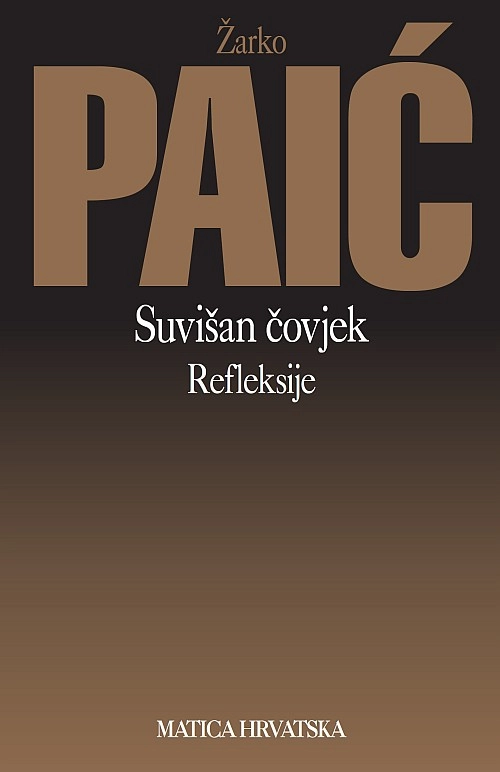
Redundant Man
Reflections
2021.
Description
The main thesis of this book is, however, extremely provocative. Paić claims that with regard to the 'progress' and 'development' of the technoscientific mind in the application of artificial intelligence, the anthropological definition of man has become not only outdated and ineffective, but also 'man' has become 'redundant' in relation to the logic of the digital age. Through 16 shorter chapters, the author sovereignly develops his argumentative propositions, critically confronting numerous theoretical approaches to this problem, from Heidegger, Severin, G. Anders, Deleuze, Simondon, Wiener to proponents of Anthropocene criticism such as I. Stengers and B. Stiegler. The special value of the book should be seen in the fact that following Heidegger and Deleuze, and which is otherwise a characteristic of Paić's approach in researching the technosphere, which he demonstrated in the pentabook of the same name, he develops a whole series of conceptual extracts about the supremacy of image over language, the pragmatics of knowledge over knowledge as universal the code of the history of the West, and about the necessary technogenetic rule in the form of artificial ways of existence that we encounter in communication and speaking in the language of the late Wittgenstein - 'forms of life. Paić's book, undoubtedly, opens up a whole series of philosophical questions about the meaning of thinking about what can no longer be grasped by metaphysical narration and which requires a different way not only of language, but also of creating a conceptual framework, and which results from the technological invasion of the world not only as an image, but and as a machine (Krešimir Purgar).
Publisher:
Matica Hrvatska
Language:
Croatian
Format:
Paperback
Dimension:
17 cm
Number Of Pages:
123